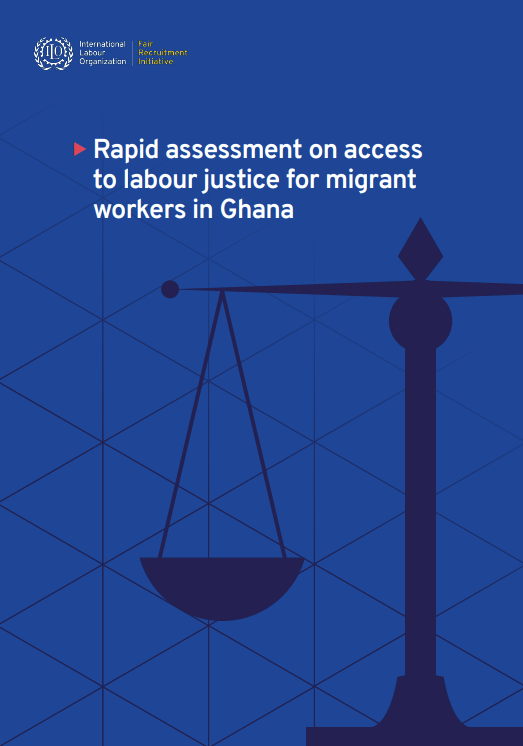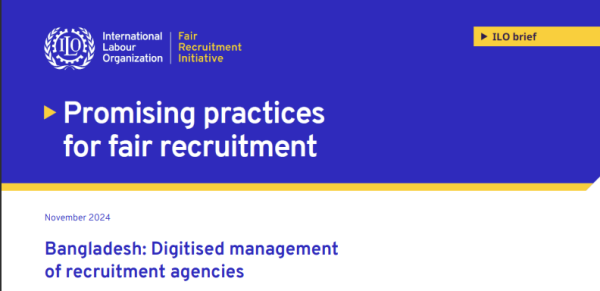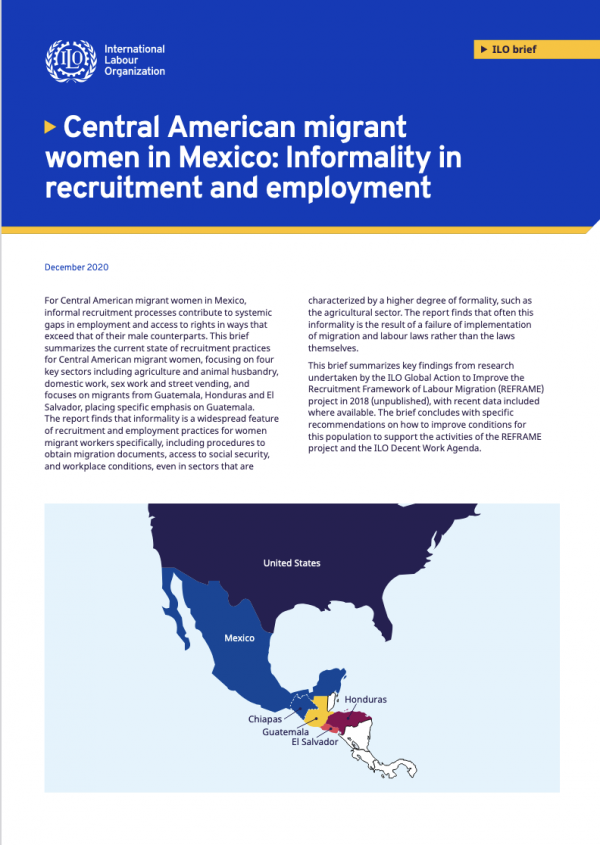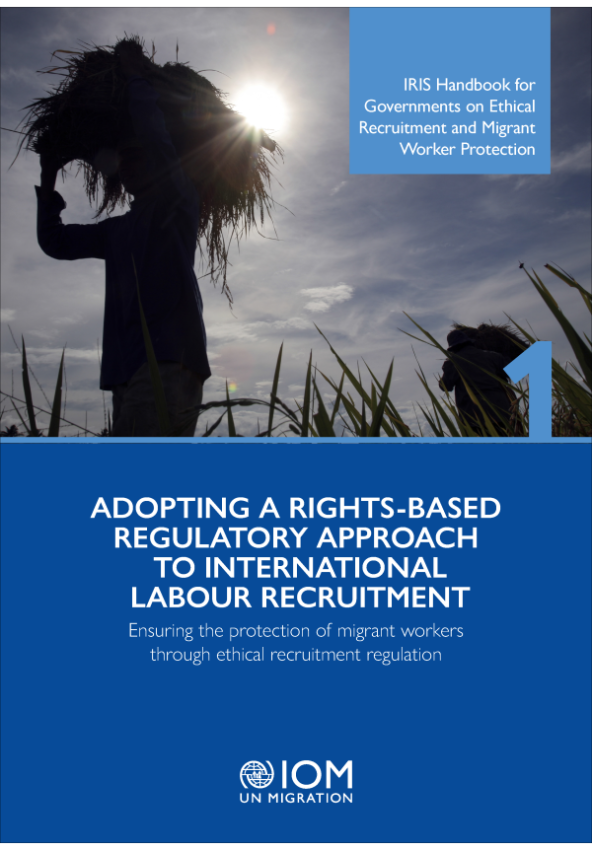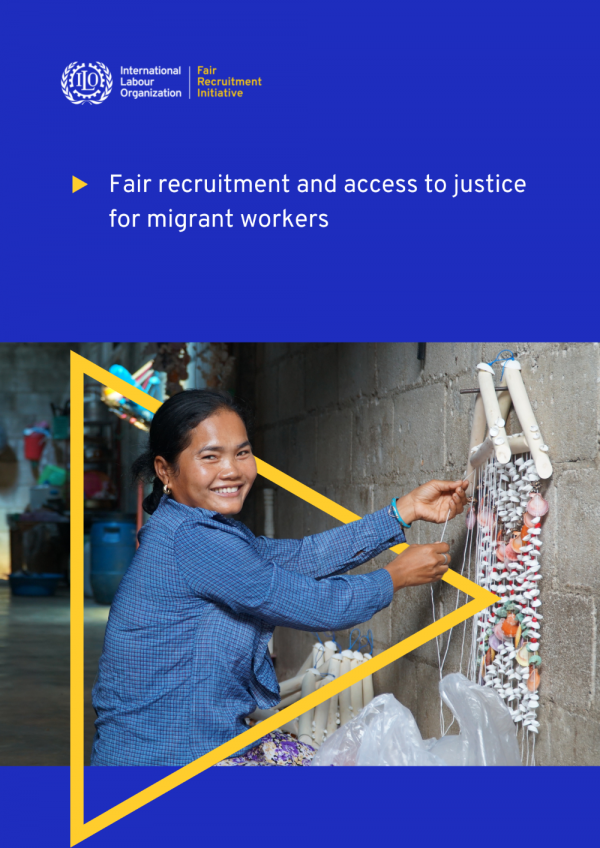Fair recruitment and access to justice for migrant workers
Over 169 million men and women today live and work outside their country of origin in pursuit of decent work and better livelihoods. Public employment services and private employment agencies, when appropriately regulated, play an important role in the efficient and equitable functioning of labour markets by matching available jobs with suitably qualified workers. However, it is during the recruitment phase that migrant workers, especially low-wage workers, are particularly at risk of entering a cycle of abuse and exploitation.
Access to justice is central to making human rights, including labour rights, a reality for all workers and individuals. It is premised upon the central tenet of non-discrimination – that every person is entitled, without discrimination and on an equal basis with others, to equal treatment and protection under the law.1 In addition, a number of international Conventions and instruments guarantee the right to a fair and public hearing and process2 as well as the right to an effective remedy.3 For a remedy to be considered effective, it must:
• be accessible, affordable, adequate and timely;
• combine preventive, redressive and deterrent elements; and
• include the right to be treated “equally in all stages of procedure”, regardless of personal characteristics such as gender, race, or ethnicity, among others.
To this end, this working paper focuses on good practices concerning the migrant workers’ right to access to justice in the context of their labour recruitment, where recruitment is understood to include the advertising, information dissemination, selection, transport, placement into employment and – for migrant workers – return to the country of origin where applicable. The paper first gives an overview of current gaps in rights protection throughout the labour migration cycle and then outlines the sources of the right to access to justice under international human rights law, international labour standards and instruments, bilateral agreements, and the UN Guiding Principles on Business and Human Rights (UNGPs). It also briefly sets out the processes that may be available for seeking redress, as well as the structural factors that obstruct migrant workers from accessing these processes and provides examples of good practices from around the world that are constructively addressing these barriers to accessing justice.

